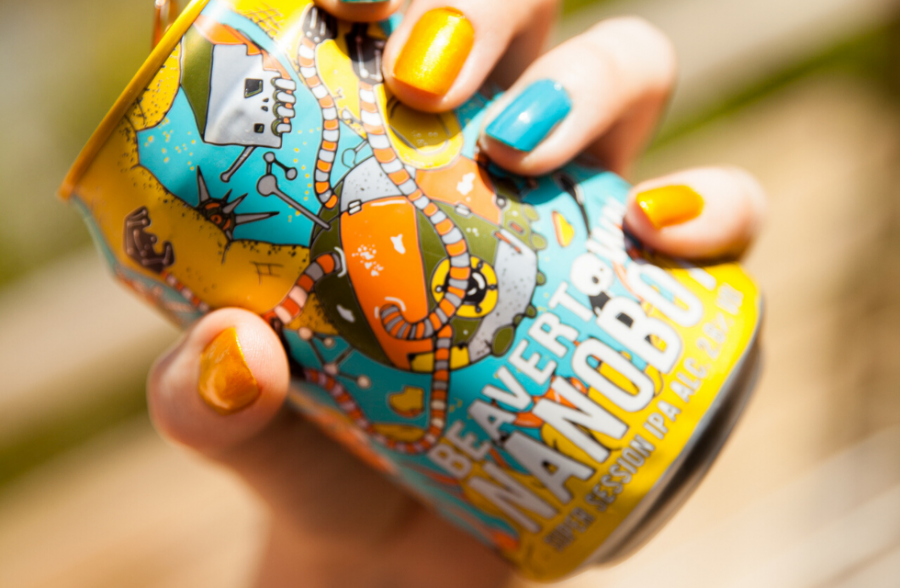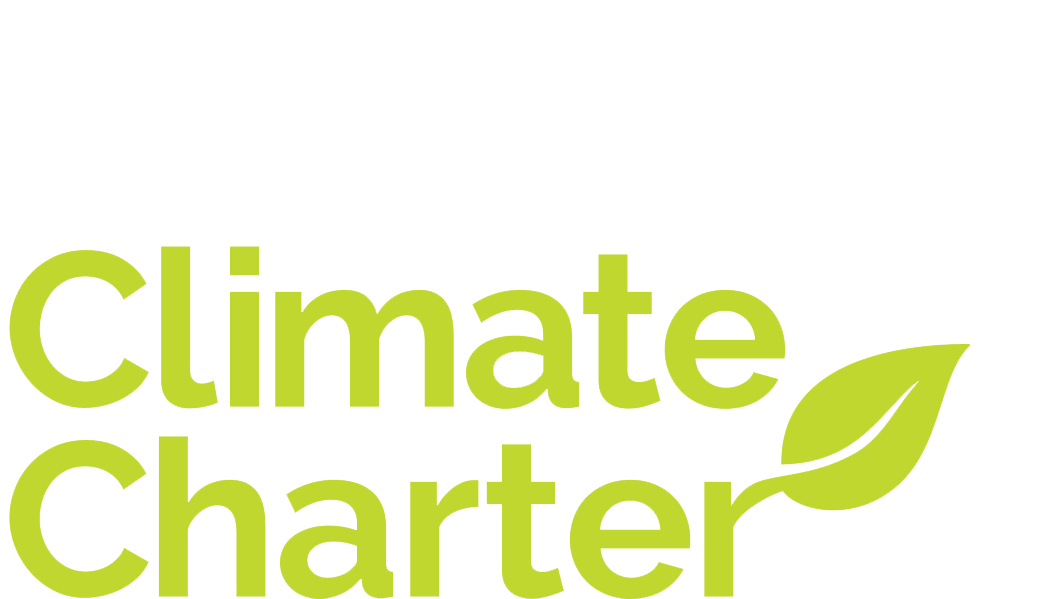Beavertown Brewery enters DTC after Covid-19 wipe Out

With 85% of its sales coming through pubs, bars and restaurants, the
UK’s lockdown should have spelled disaster for Beavertown Brewery.
Instead, the punchy craft brewer has entered the world of DTC and seen
sales skyrocket 1000%. Founder Logan Plant explains why the crisis is
throwing up more opportunities than he first thought.
Founded in 2011 by Logan Plant, son of Led Zeppelin frontman Robert, London-based Beavertown has slowly grown to be a major player in craft beer. Heineken bought a minority stake in 2018, injecting £40m into the company to launch a new brewery and visitor site. However, even with the backing of a beer behemoth, Beavertown has not been immune to the coronavirus chaos.
The vast majority of its sales, 85% to be exact, come from pumps in pubs, bars and restaurants. So when UK prime minister Boris Johnson indefinitely shut all hospitality outlets, that should have been the death knell for Beavertown.
“We had a few weeks of serious meetings to brainstorm how we would get through this. Our main objective was to keep our team safe and in work,” Plant tells The Drum.
This was intensified all the more given that the social distancing measures were introduced just as the brewer prepared for the launch of a new low-alcohol variety called Nanobot. Pre-lockdown, Plant had forged distribution deals with Sainsbury’s and Fuller's. Sainsbury’s would put Nanobot in 100 of its stores and Fuller's would make it available in its chain of 400 pubs in London and the South East.
“With the closure of pubs towards the end of March it was a bit of a shock. But we decided to continue as best as we could with Sainsbury’s. It was excited as many drinkers that would frequent the pubs were now turning to off-trade.
“For us and the process we’ve been through it was an opportunity to crack on and give the craft beer community an exciting launch during this time.”
Direct-to-consumer
But relying on its off-trade partners, which in addition to Sainsbury’s include M&S and Waitrose as well as independent bottle shops, would only get Beavertown so far in the desperate quest to promote the Nanobot brand and keep the rest of the business afloat.
It had a small website that pre-Covid-19 was doing £1000 in sales on a good month. Little did Plant know, but that nascent would be its lifeline during the crisis.
Beavertown invested in the team and infrastructure, increasing the number of staff working online from two to eight and then changing its production plans to only manufacture cans rather than kegs.
Online sales slowly improved but on the day of Nanobot’s launch, the website achieved £25,000 in 24 hours.
“It’s now the second biggest turnover for business for us. It’s grown 1000% which is crazy.”
Plant says the firm had “always dreamed of creating a really good DTC model” and with people now flocking in their droves his imagination has been sparked about how far he can push it, talking excitedly about developing some kind of subscription model or a craft beer club that offers something different for its community of drinkers.
And it would have a lot to offer. The company’s creative director Nick Dwyer is famed for the unmistakable artwork which adorns its cans and Plant thinks the e-shop could expand into other merchandise like clothing, art and even comic books. Being the son of rock royalty and a former musician himself, Plant junior also wants to see music better integrated into its burgeoning digital offering.
“There’s a lot of different things. We feel we’re more than just a beer so how can we transcend that? Direct-to-consumer is the future.”
Beavertown's marketing is already benefiting from the shift in mindset and priorities that Covid-19 has brought. It has created a ‘Beavertown Session’ every Friday at 4pm where people can tune in to different experiences, such as an art class with Dwyer, beer yoga, a live tasting with Plant or music performance.
“The way we see it, Beavertown is more than just a beer. So if we can keep customers stimulated and interested and take them on that journey with us – as much as it’s a negative we can make a positive out of that situation. I wouldn’t say our marketing has changed radically, but it’s given us more of an insight into what we should be doing really.”
Plant repeatedly stresses that he feels “very lucky” that Beavertown has been able to weather the storm so far. It has taken advantage of the government’s furlough scheme and only had to put 25% of its workforce – predominantly those focused on dealing with the on-trade accounts – on leave but fully expects that as soon as pubs and bars are able to open they will walk back to their jobs.
And so that’s his major focus now the Beavertown business is stable – campaigning for those in a less fortunate position to be given some kind of relief.
“What the government has done with schemes like furlough has been brilliant. But I think there need to be a national time-out.
“Some friends of mine in the hospitality industry are working on a rent-free period and that’s the only way [pubs, bars and restaurants] can be expected to survive. That needs to be addressed. We have a symbiotic relationship with these guys, we supply them and rely on them. Without them it would be really hard for us. The government have been great but could do more with the rent free situation.
“The 2020 contingency plan is about trying to do the right thing. Trying to support our accounts for them to get through this as best as possible and get their doors open. And trying to dip and dive to understand the opportunities we have. There’s things we’ve done and for the future but we’ve had to plan as best we can to support one and another to get through this as strongly as possible.”
Source: Jennifer Faull, The Drum


